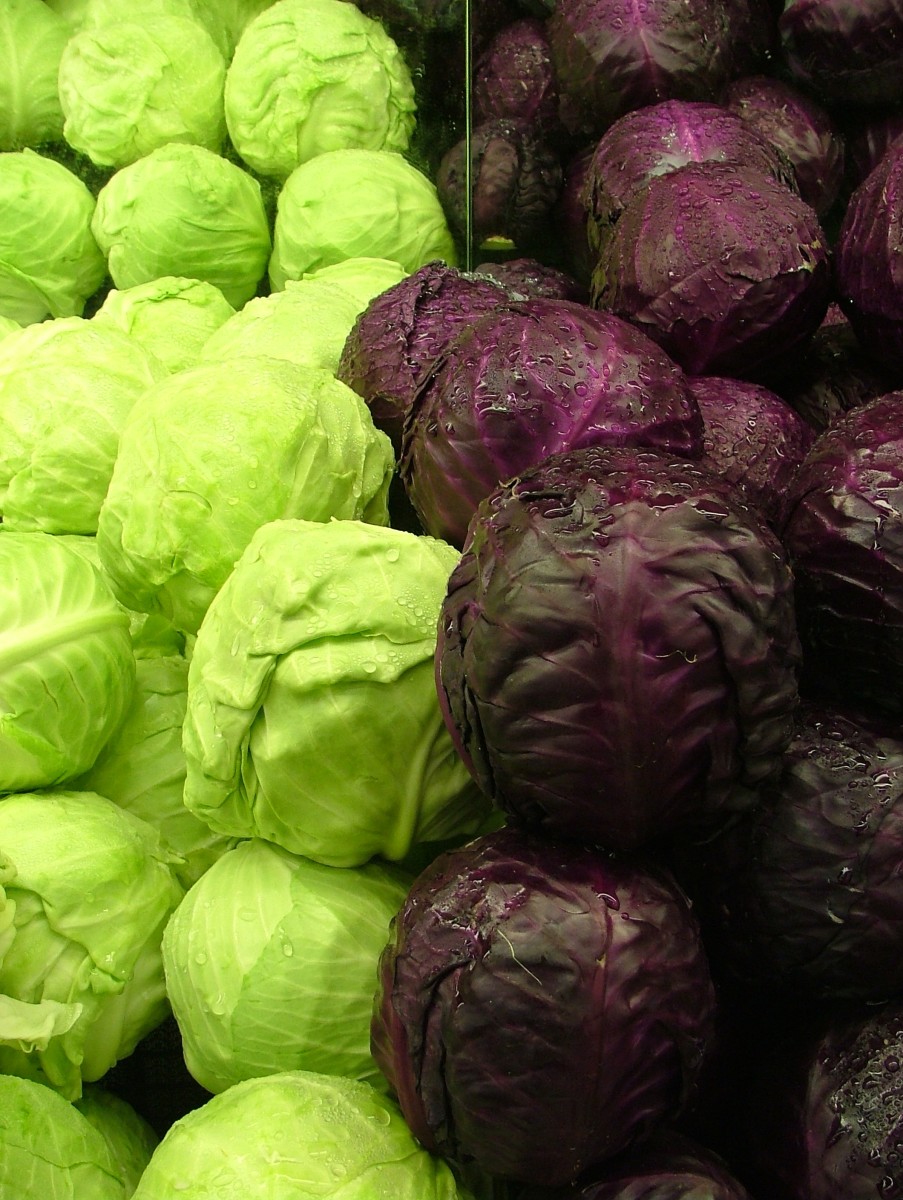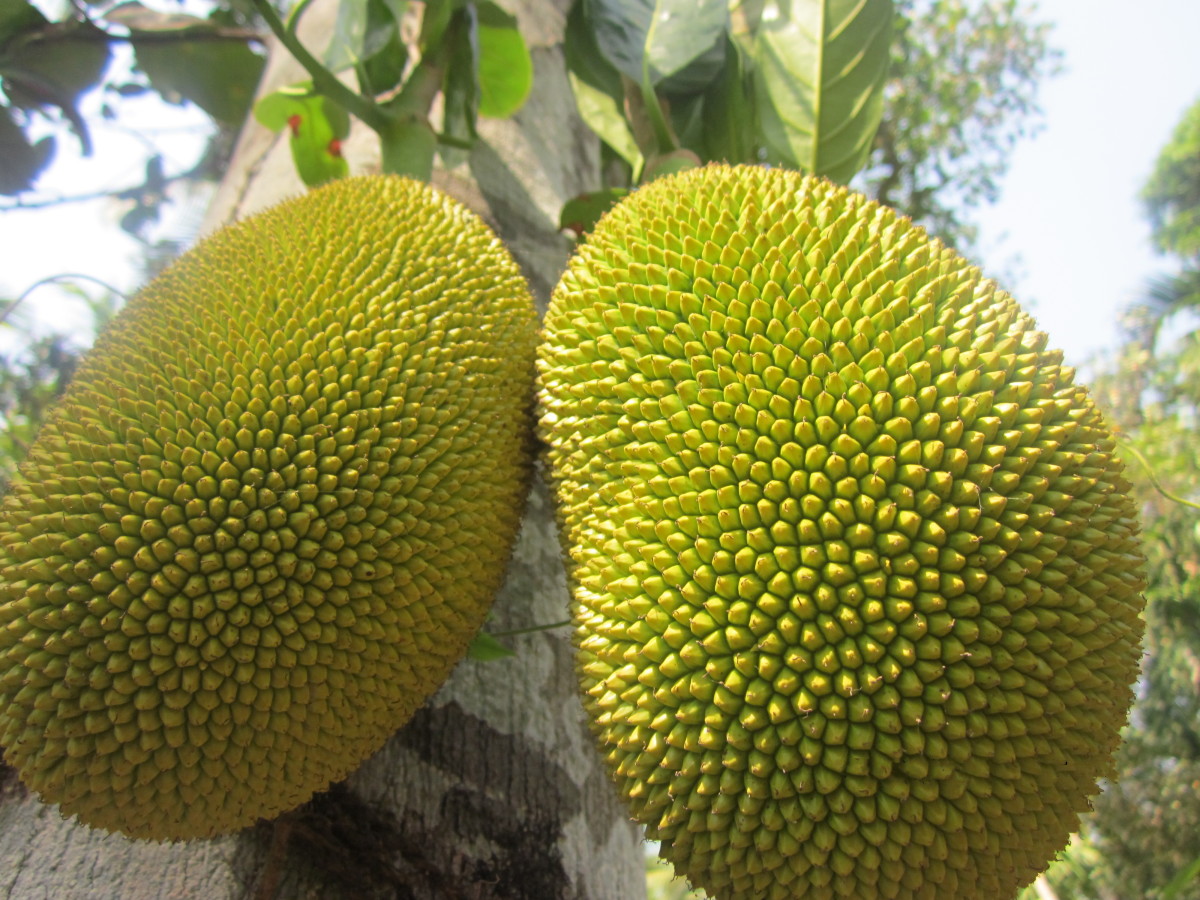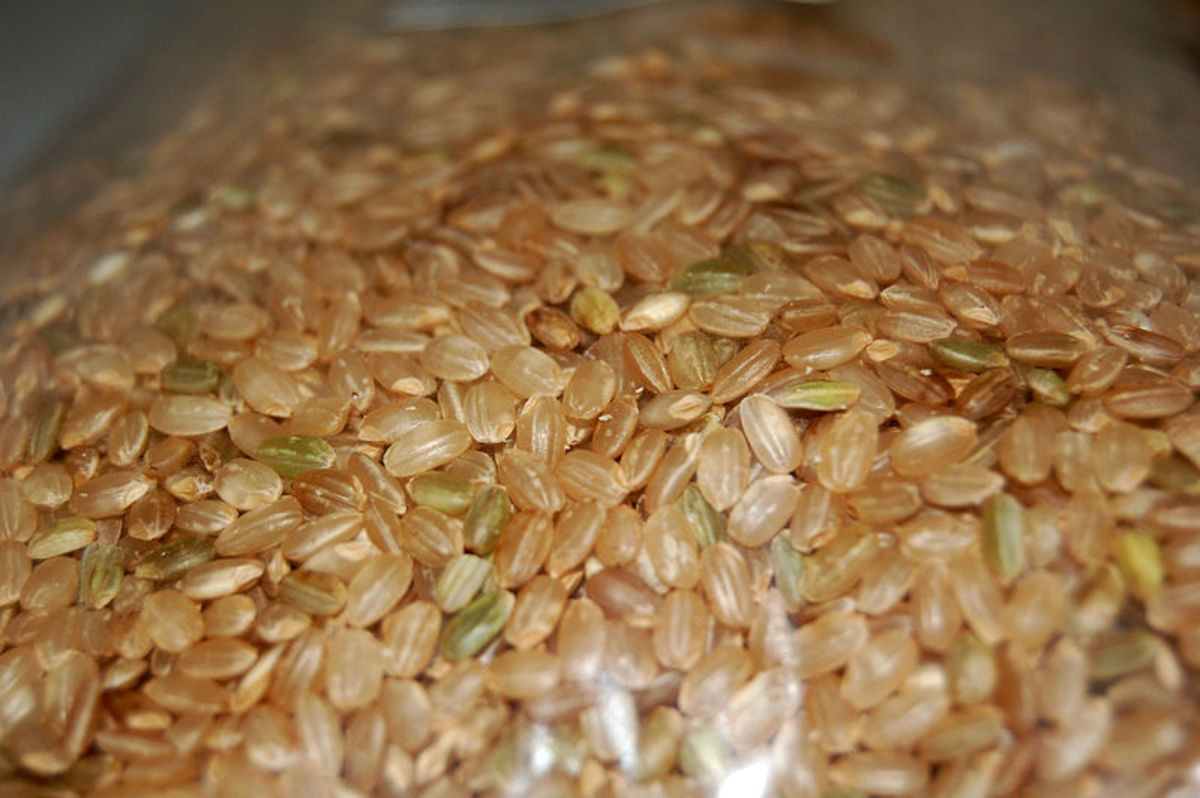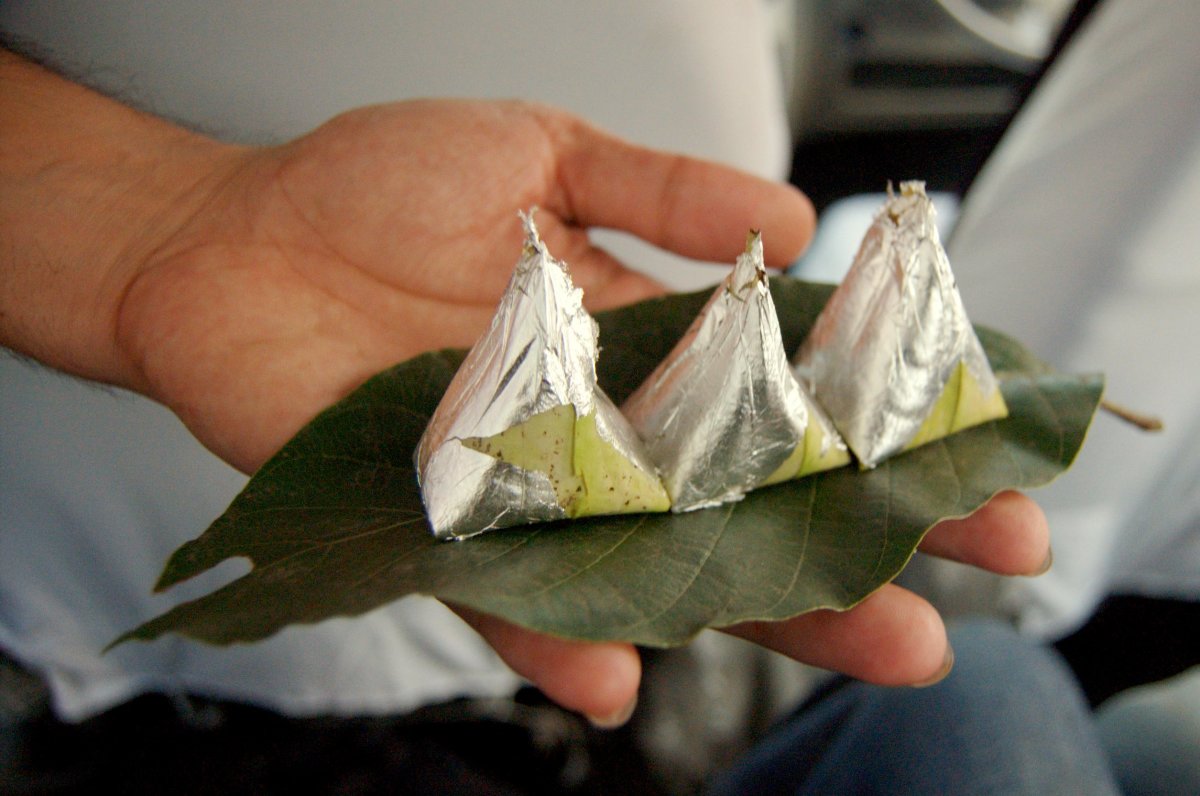- HubPages»
- Health»
- Alternative & Natural Medicine»
- Alternative & Natural Supplements
Health and Nutritional Benefits of Spirulina
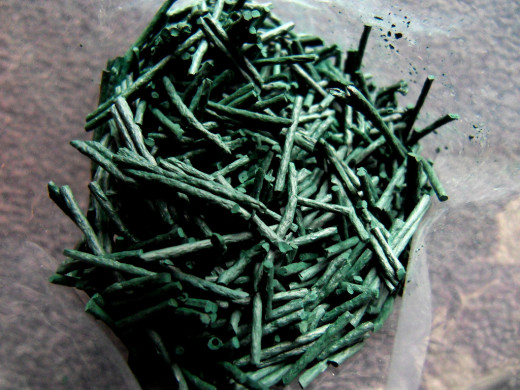
What is Spirulina?
Spirulina is a type of microalga (microscopic algae) which can be consumed by humans and animals. It is commonly taken by humans as a nutritional supplement. Spirulina supplements are primarily made from two types of cyanobacteria, (also known as blue green algae or blue green bacteria) athrospira platenis and arthrospira maxima.
These algaes are cultivated worldwide and then used in a number of forms. Spirulina can be used as a dietary supplement, whole food and comes in flake, powder and tablet forms. Spirulina is also used as a feed supplement for many animals, specifically the poultry and aquarium industries.
Spirulina is 100% natural and was discovered in South American and African natural alkaline lakes. Spirulina has been well known and widely used as a dietary supplement from the 1970's, however, in recent years it has become more popular in the press and has gained attention from many.

What are the Health Benefits of Spirulina?
What does Spirulina contain?
Spirulina contains many vitamins, minerals and nutrients, including:
- Protein
60-63% rich vegetable protein - B Vitamins
This is an arguable point as many claim that Spirulina is a significant source of B12 vitamins, however, other sources have identified the B12 in Spirulina as a psuedovitamin (meaning it has the same chemical structure as the vitamin but lacks the physiological benefits). - Iron
- Potassium
- Magnesium
- Sodium Phosphorus
- Calcium
- Beta Carotene
- Gamma-Linolein acid (known as GLA)
An essential fatty acid recommended for those suffering from inflammation or auto immune disorders - Phycocyanin
Found only in Spirulina - Alpha-linoleic acid (ALA)
and many more.
Spirulina contains over 100 nutrients andis often touted as the most complete food source in the world. Spirulina is used in the space station as a food supplement and is even grown on-board. .
Who Should Take Spirulina?
- Children who don’t like or get enough vegetables and or have an imbalanced food intake.
- Teenagers during their rapid growing period need a sufficient injection of nutrients. Spirulina is ideal for this.
- Pregnant mums who need extra nutrients.
- Seniors who have difficulty in having reasonable average 3 meals per day.
- Sport lovers or athletics who need extra nutrients to keep their energy levels up.
- Modern busy people who don't have the time to eat good meals.
- Patients or people who need high volumes of nutrients to assist recovery (please consult your doctor)
- Vegetarians who require extra nutrient sources

Who Shouldn't Take Spirulina?
Despite its many benefits, Spirulina can present side effects in some people such as:
- Those allergic to seafood or seaweed
- Those currently experiencing high fevers/high temperatures
- Those with hyperparathyroidism
- Expectant mothers or lactating mothers (unless discussed with medical providers)
- Those suffering from phenylketonuria (PKU)
- Those with autoimmune diseases such as rheumatoid arthritis, multiple sclerosis or lupus (spirulina may make the symptoms associated worse)
- Those taking immuno-suppressant drugs including methotrexate, prednisone, adalimumab, azathioprine, etanercept and infliximab.
Is Spirulina Safe?
What are the side effects of Spirulina?
Whilst it is not normal for side effects to occur, some people may experience the following symptoms after taking spirulina:
- slight fever (said to be due to the body working harder to burn the extra protein from the spirulina)
- slight dizziness
- thirst and constipation
- stomach ache
- skin itch
- slight body rash
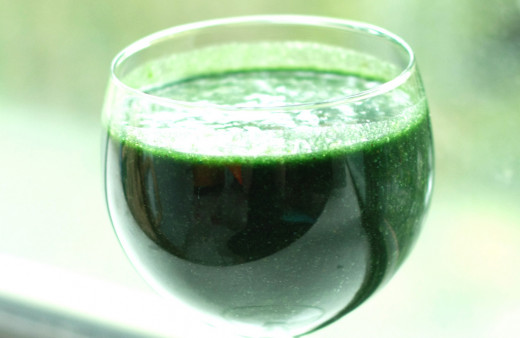
How Much Spirulina Should Be Taken?
For Adults:
The recommended dosage for adults is 4-6 500mg tablets
For Children:
The recommended dosage for children is 3-4 500mg tablets
These dosages are only a recommendation and are dependent on your health, weight, age, nutritional needs etc.You should always consult with your doctor before taking spirulina or any other supplements.
How Do You Grow Spirulina?
For Spirulina to grow successfully, it requires four specific conditions:
- Pure water source
- Pollution free environment
- Tropical climate
- Strong sunshine
You cannot grow spirulina in cold climates as the high temperatures are what helps it to grow. If the temperature is below 20°C/68°F it will stop reproducing and die in a short time.
The sunshine absorbs into ther spirulina where a reaction occurs within its cells.This reaction is what produces the nutrients in the spirulina and also converts carbon dioxide into oxygen.
As the spirulina plant absorbs nutrients from everything it is exposed to, it is necessary that the water the spirulina is grown in does not contain any pollution or heavy metals. If the water was to contain these pollutants, they would be highly concentrated in the spirulina cells and no longer suitable for human consumption.

